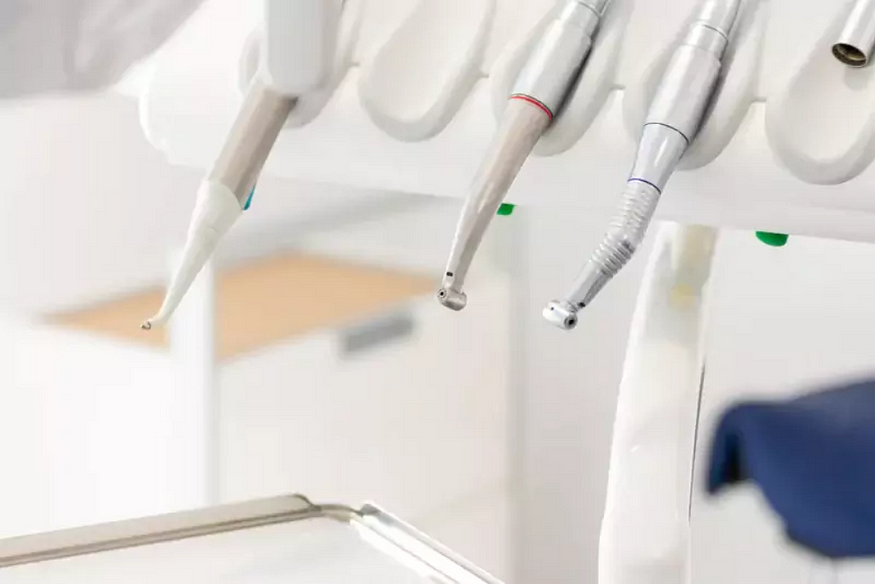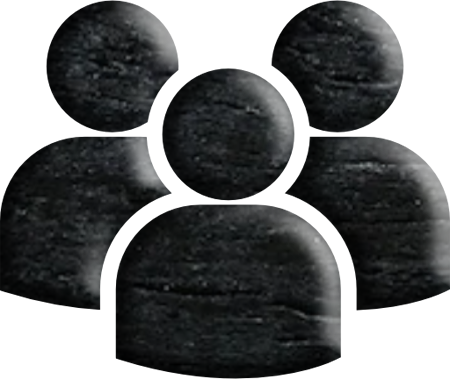
The landscape of medical manufacturing has been significantly transformed by the integration of Computer Numerical Control (CNC) machining. This article explores the cutting-edge advancements and diverse advantages associated with the use of CNC machining services in the medical field. From its adaptability to a variety of processes and materials to its ability to expedite production while maintaining cost-efficiency, we delve into the reasons behind the increasing popularity of CNC machining. Join us as we navigate through the complexities of material selection, optimal production strategies, and the crucial considerations involved in CNC machining for medical components.
- Choosing CNC Machining for Medical Components:
- High Flexibility: CNC machining proves adaptable to batch sizes ranging from individual pieces to millions, showcasing its prowess in crafting complex, high-precision parts for the specific requirements of medical manufacturing.
- Moderate Production Volumes: In scenarios where traditional molding becomes economically challenging, CNC machining emerges as a cost-effective solution for quantities ranging from individual units to a few thousand.
- Complex Designs: The versatility of CNC machining, particularly in 5-axis configurations, shines when dealing with intricate designs and challenging contours.
- Tight Tolerances: For applications demanding pinpoint precision, CNC machining outperforms alternatives with tolerance ranges as low as 0.01mm, crucial for medical devices requiring utmost accuracy.
- Materials Versatility: CNC machining accommodates an extensive range of materials, addressing the unique requirements of medical devices, including biocompatibility, corrosion resistance, and radiation resistance.
- Quick Turnaround: In situations requiring rapid production, CNC machining stands out as a swift alternative, eliminating the time-consuming tooling processes associated with other manufacturing methods.
2.Selecting the Right Material for CNC Machining Medical Components:
- Biocompatibility: Prioritize materials that undergo rigorous testing, ensuring a low risk of adverse reactions when in contact with the body. Examples include titanium, stainless steel, and specific plastics formulated for medical applications.
- Sterilization Requirements: Different sterilization methods necessitate specific material considerations. Metals like titanium and stainless steel, along with certain plastics, exhibit resilience to physical sterilization methods, while compatibility varies for ethylene oxide and vaporized hydrogen peroxide.
- Medical Imaging Considerations: Tailor materials based on visibility under X-rays and the need for radiation shielding. Plastics reinforced with carbon fiber or composite materials are commonly used for non-visible X-rays, while lead-free shielding materials offer environmentally friendly alternatives.
3.Mechanical Properties and Machinability Considerations:
- Mechanical Properties: Customize materials based on hardness, strength, density, and elasticity to meet the specific performance demands of medical instruments.
- Machinability: Consider the ease of material processing to reduce costs and manufacturing challenges. Materials like aluminum alloys and plastics are often preferred for their ease of machinability.
4.Choosing the Right CNC Machining Service Partner:
- Emphasize Experience and Technical Expertise: Highlight the importance of partnering with experienced CNC machining service providers, such as CapableMachining, specializing in medical device manufacturing. Rely on their skilled team to deliver precision and quality, meeting the stringent standards of accuracy and safety in the medical industry.
In conclusion, the precision, adaptability, and efficiency offered by medical CNC machining position it as a cornerstone in the evolution of medical device manufacturing. As technology continues to advance, the collaborative efforts of innovative CNC machining and experienced service partners promise groundbreaking solutions for the healthcare industry.

